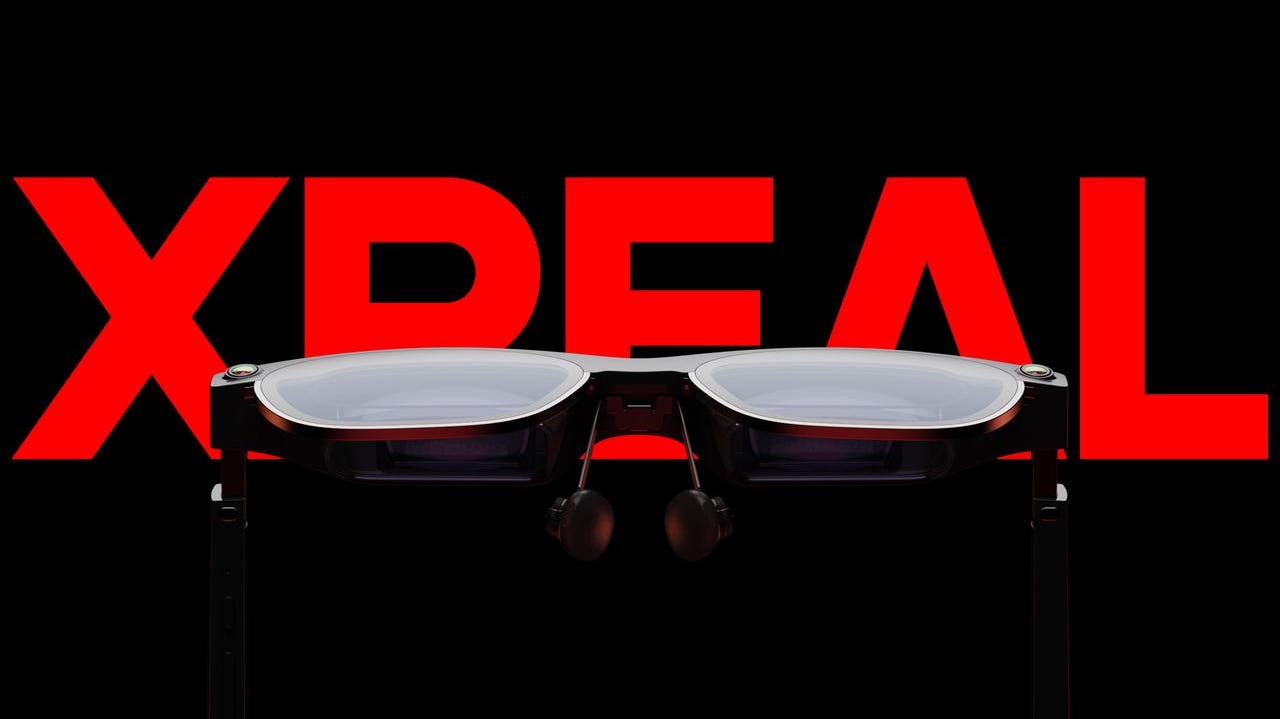
































AR glasses took off in 2023, but even a tech geek like myself, who's typing this article while wearing a pair during my flight to CES admits that the product category needs to be better. Because no matter which pair you buy on the market right now, they don't do much more than mirror the display of your laptop, phone, or whatever you plug them into. They're portable monitors for your eyes, at best.
Also: CES 2024: What's Next in Tech
I'm hopeful that the computing potential of such wearables is on the upswing. Just look at the newly unveiled Xreal Air 2 Ultra. Xreal, who captured 51% of the AR glasses marketshare in Q3 last year, is positioning its latest product for spatial computing, the same 3D sensory tech that Apple is building its Vision Pro headset around.
sorts through the wave of CES news and announcements to identify innovations that will make the most impact on professionals. Learn about the newest products and trends that transform the future of work and life.
Read nowBut the Xreal Air 2 Ultra will be priced at$699, a mere fraction of the cost of Apple's$3,500 device, with preorders opening to developers starting today, and shipments expected to begin in March.
"We put 6DoF AR glasses on the map with our Nreal Light model in 2020 and are thrilled to unveil its highly-requested successor. Xreal Air 2 Ultra packs in tons of spatial computing tech in a smaller, more comfortable, and much more stylish form factor than what others are producing today," said Chi Xu, founder and CEO of Xreal.
It's true. Xreal calls the Air 2 Ultra "the sleekest AR device ever made," thanks to its titanium eyeglass frame, mere 80 grams of weight, and optimized weight distribution with adjustable temples and nose pad options. That's all great to hear, because if the goal of such a device is for users to wear them for hours at a time, if not all day, then comfort should be just as much of a priority as the tech within the frames.
Also: Meta's$299 Ray-Ban smart glasses may be the most useful gadget I've tested all year
Xreal says it's also designed the Air 2 Ultra with eye wellness in mind, achieving TUV Rheinland certifications for Color Accuracy, Eye Comfort, Low Blue Light, and Flicker Free usage. That all comes in handy when navigating Xreal's Nebula interface. By using new in-frame 3D environment sensors, the glasses can project standard 2D applications and widgets on top of the user's real-life vision, much like what we've seen from bulkier VR headsets like the Meta Quest 3.
For developers, the Air 2 Ultra will serve as an accessible entryway to creating AR apps and exploring new spatial computing experiences. According to Xreal, the glasses support "handtracking, 3D mesh creation, semantic scene understanding, and more, including future AI capabilities." More notably, the glasses somehow can view spatial videos captured by the iPhone 15 Pro series, a feature thought to be exclusive to the upcoming Apple Vision Pro.
Naturally, I have a lot of questions about the Xreal Air 2 Ultra, mainly about its display and audio quality, and exactly how it's able to play back spatial videos. I'll be demoing the glasses at CES very soon, so stay tuned for the hands-on review -- hopefully with answers.
 Hot Tags :
Hot Tags :